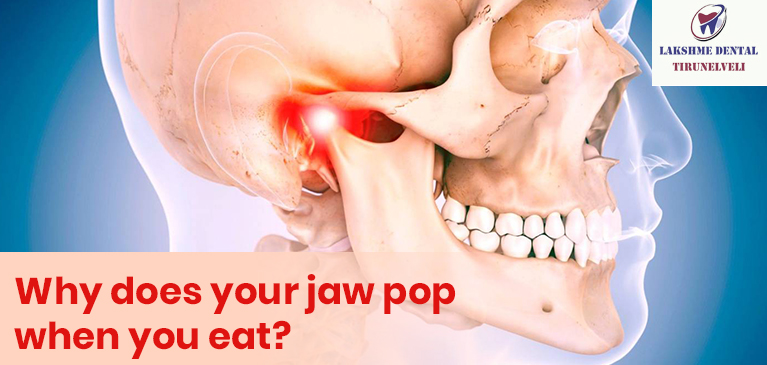

The other day I saw one of the worst cases of lock jaw I’ve seen in a while. However, I’ll tell you when your jaw is locked for even a few hours and you’re unable to eat or speak normally, that can sure seem like forever. Lockjaw generally is a temporary problem that eventually relieves with proper treatment. In otherwords…it can be debilitating and down right overwhelming if you have jaw locking for any extended amount of time. That means it affects most functions that people perform throughout the day. Why does any of this matter? Because lock jaw, which we will use synonymously with jaw locking, causes serious trouble in speaking, eating or even in maintaining the usual oral hygiene. It means the same thing as what laypeople call lockjaw. That’s the medical term for restricted jaw movement. You may also come across the term trismus in your research.

Jaw locking is most often caused by muscle strain, muscle spasm, or by a temporary dislocation of the jaw joint also known as the temporomandibular joint. It’s the inability to open or close your jaw. So here’s what you need to know about lockjaw Tetanus was much more common in the past, but in today’s society, it’s relatively rare due to modern vaccines and preventative measures. It is possible, but its not usually what’s causing lockjaw for most people. In the modern world jawlock or jaw locking is usually not from tetanus. Lock jaw is not the only symptom of tetanus, and tetanus is not the only cause of lockjaw.

Here’s how google actually go this one wrong and the search is a little misleading. Tetanus is a bacterial infection that creates a variety of symptoms, one of which is lockjaw. When you google, “what is lockjaw”, you’ll find that typically the condition tetanus comes up pretty much synonymously in the search ranking. So buckle up, get ready, and let’s talk about finding the key to unlock your jaw. In this article, we’ll discuss what is lock jaw, what’s causing your lockjaw symptoms.and, most of all, we’ll talk about how you fix lockjaw. If this sounds all too familiar, you’re probably looking for answers. Studies estimate that at least 5 to 12% of the population have had their jaw lock. By definition, that’s what a jaw does, right? So it isn’t surprising that jaw locking, also called lockjaw, is a huge source of anxiety if it happens to you. The jaw is obviously meant to open and close.


 0 kommentar(er)
0 kommentar(er)
